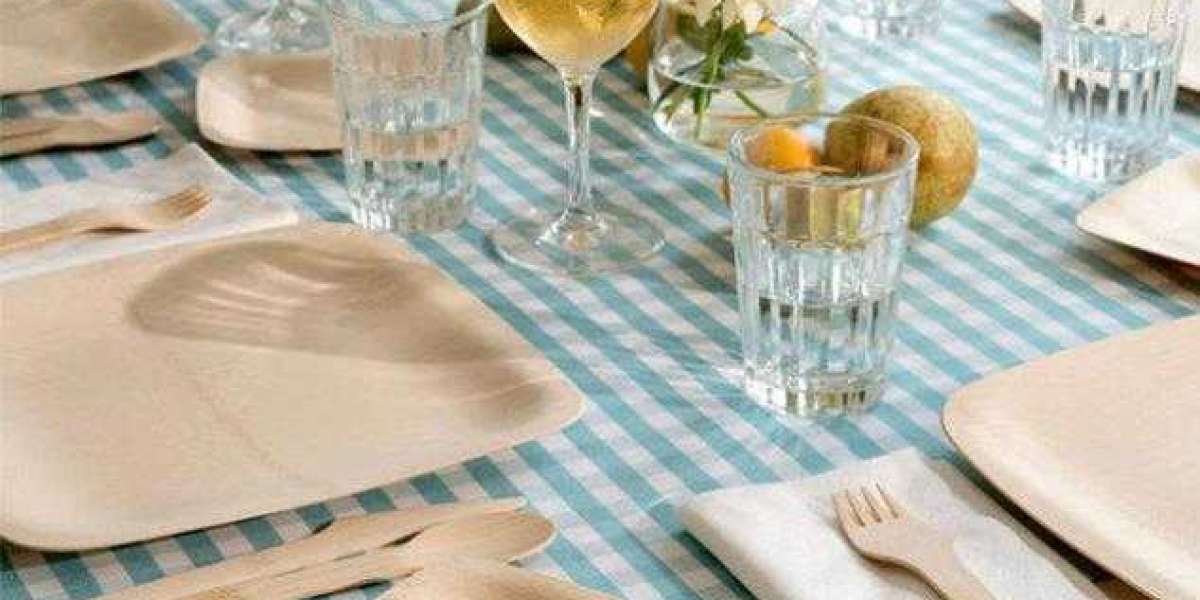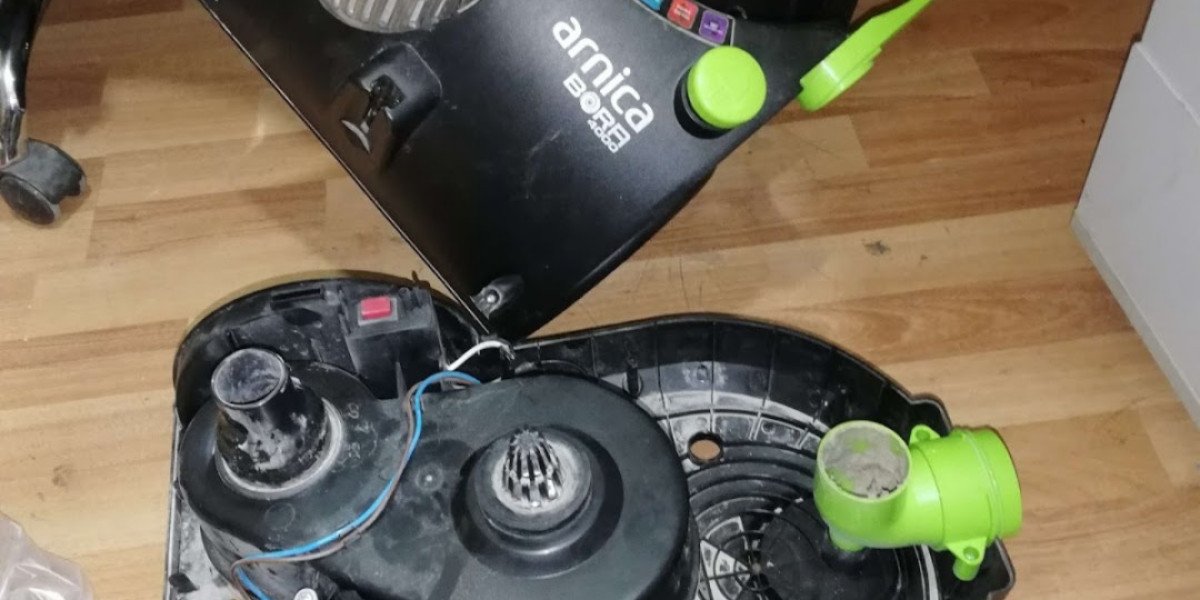On July 3, 2021, Europe announced a total ban on plastic tableware. Includes plastic cups, plastic plates, plastic knives, forks, and spoons. The Independent reported. In the future, these products must be made from compostable or bio-derived materials. The ban stipulates that the use of other non-alternative plastics used in EU countries should be reduced by 2025. This means we are starting a new way of life - a more environmentally friendly life!
Eco-friendly cutlery is often classified as "biodegradable"—those you can throw away without harming the environment, and we'll explore 4 materials used to produce single-use and compostable cutlery and their pros and cons. Finally, we'll tell you what's the best option.

1. PLA plastic
Also known as polylactic acid, it is an eco-friendly plastic made from a variety of renewable resources, depending on the country of production, such as cornstarch, starch, sugar cane, and potato chips. This plastic, also known as corn plastic because of its source, can be composted in a proper facility without releasing any harmful fumes in the process. But the downside is that it cannot be composted in nature and must actually be sent to a specific factory for disposal. It can also seriously contaminate other recyclables if mixed together by mistake. And compared to other materials, its cost is high.
2. Paper
As far as disposables go, paper sounds like a good choice since it's mostly made from natural materials. But it's best to look for items made from recycled paper that are truly eco-friendly. In fact, the recycled paper contains fewer chemicals, causes no deforestation, and uses 40 percent less energy in the production process.
Paper cannot be used for any type of disposable tableware, such as cutlery, but it can be a viable option for other types of items. Another disadvantage of paper is that even recycled products can be bleached with chlorine or similar substances, a process that disperses harmful fumes in the environment.
3. Bamboo
Bamboo disposable tableware is environmentally friendly, because its main material, bamboo, grows very fast, so for our convenience, it is actually not bad to use this material. These items are also biodegradable and compostable.
Even if this seems innocent, harsh chemicals and dyes are used in order to get the finished product, and maybe it can be harmful to our health.
4. Wood
Disposable wooden tableware is also environmentally friendly, one of the advantages of wooden tableware is related to its raw materials, wooden tableware is green and compostable. Unlike PLA material, wooden tableware can degrade in nature and does not need to be sent to a specific factory for processing.
A variety of woods can be used to reach the final product, and unlike bamboo, no harsh chemicals are required. Wood is also pleasant and brings to mind eco-friendly ideas. It's also great to use with hot food.
Some people may think that using wooden tableware may be wasteful due to deforestation, but in fact, Yuansong Micro's wooden tableware will not have this problem, the material we choose is natural birch wood. Compared with other tree species, birch has the best toughness and is the most suitable choice. It is not easy to break when doing reinforcement design, and birch has a short growth cycle and will not damage our environment. In addition, with disposable wooden tableware, the cost is lower.
Yuansong Micro is a professional disposable wooden tableware wholesaler, the wooden tableware we produce is healthy and environmentally friendly. If you want to know more about disposable wooden tableware, please continue to pay attention to Yuansong Micro's official website. We will update relevant articles and products from time to time, provide relevant product information and materials, and look forward to your visit and consultation.








